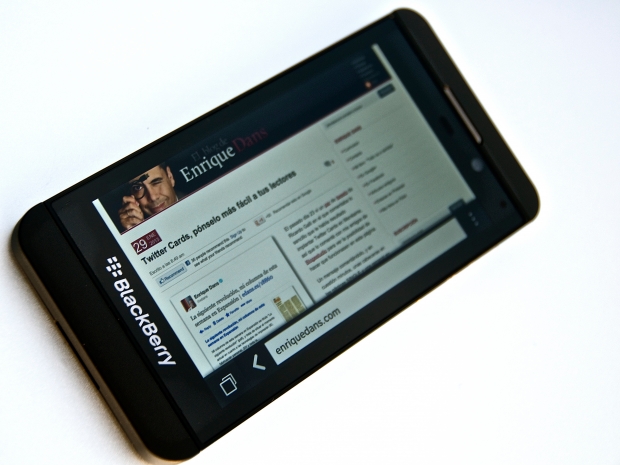The move is a surprise mostly because we did not know Blackberry had enough cash to buy a packet of salt and vinegar flavoured crisps, let alone another company.
Blackberry said that the move will boost its ability to help corporate clients manage smartphones running on different operating systems. It should help it win new customers for its services business, a priority as it shifts focus to device management software for enterprise customers.
This is odd really as half the devices running on Good's systems are Apple products such as the iPhone with run within Jobs' Mob walled garden of delights. Using Blackberry would be heresy to any such user, even if it were more secure.
BlackBerry said it expects to make an extra $160 million from the acquisition in the first year after the deal closes.
BlackBerry Chief Executive John Chen was asked about Good's cash burn. He promised that BlackBerry would remain cash flow positive overall.
Chen said BlackBerry will maintain both company's products as it develops a unified platform that customers can upgrade to. He said that a unified product might take a year or two.
Relations between BlackBerry and Good had long been tense. The companies settled a series of patent lawsuits in 2004, but as recently as January 2015, BlackBerry commented on one of Good's product announcements in a blog post, annotating the rival company's press release in red ink.
"There is a very long history here. We are in an incredibly competitive market and speak to many of the same customers," said Good Chief Executive Christy Wyatt in an interview posted on BlackBerry's news site.
Wyatt said her company's technology would boost BlackBerry's ability to manage "Internet of things" devices, supporting wearable technology such as the Apple Watch and Android-based competitors.

